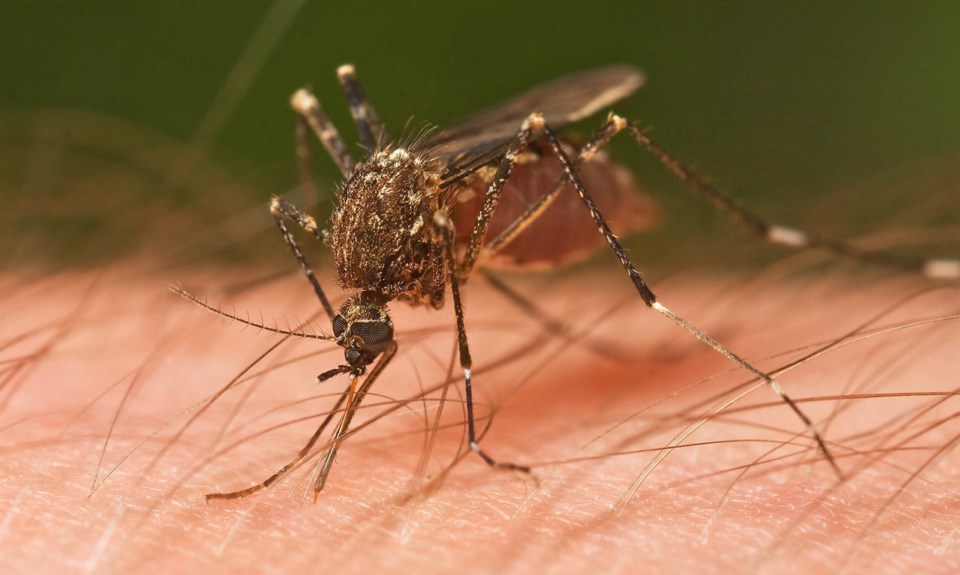Niagara Region Public Health has received its first laboratory-confirmed case of West Nile Virus for 2017, according to a Region news release.
Although most people infected with West Nile Virus do not get sick, 20 percent of people suffer flu-like symptoms and fatigue, and one percent suffer serious infections of the brain such as meningitis. Fever, severe headache, body aches, neck stiffness, confusion, weakness, tremors, and sudden sensitivity to light are the most common symptoms of severe infection. Anyone suffering these should see a physician.
To reduce the risk of being exposed to West Nile Virus, Public Health advises the following to prevent mosquito bites:
- Drain standing water around the home where mosquitoes may breed (e.g., bird baths, plant saucers, tires, toys, pails, and wheel barrows)
- Repair damaged doors and window screens
- Avoid mosquito-infested areas
- Wear long-sleeved shirts, hats, long pants, socks and shoes that cover the feet. This is particularly important at dawn and in the evenings when mosquitoes are most active.
- Use insect repellants containing Deet or Icaridin. Always follow the manufacturer’s instructions.
Residents with inquiries about mosquito bite prevention can call 905-688-8248 or 1-888-505-6074, ext. 7767. Further information concerning West Nile Virus illness and how to reduce the risk of infection can be found online at niagararegion.ca/health.



